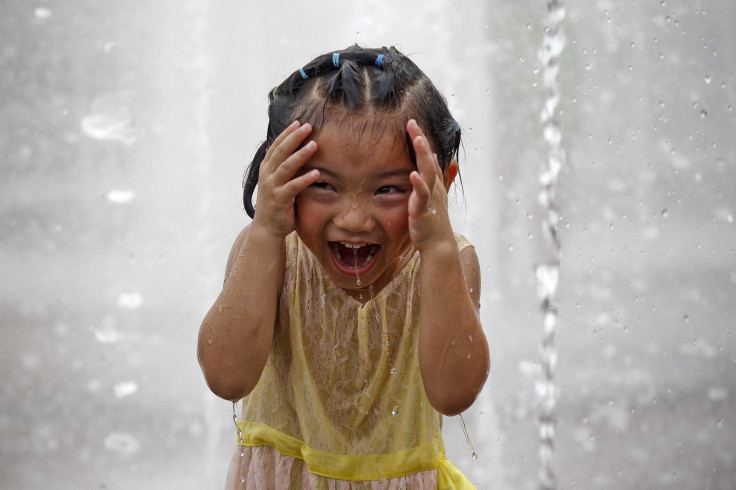China’s Two-Child Policy Takes Effect, But Couples Apprehensive Amid Economic Slowdown

China’s two-child policy took effect Friday, allowing married couples to have more than one child for the first time since 1980. The country’s ruling Communist Party announced in October that it would abolish its controversial one-child policy beginning Jan. 1, amid concerns of imbalanced age demographics and a declining labor force.
China, the world’s most populous country with a population of 1.357 billion as of 2013, introduced the one-child policy in 1978 and formally instituted it on Sept. 18, 1980. Couples who did not follow the rule had to face disciplinary measures ranging from fines to loss of their jobs and even forced abortions.
China’s one-child policy prevented about 400 million births in the past 35 years — a factor that, Chinese authorities argue, led to the country’s economic boom. The communist nation allowed rural families to have a second child if the first was a girl and the policy was relaxed for ethnic minorities who could have an additional child. The one-child policy also reportedly led to sex-selective abortions or female infanticide because of a preference for boys.
Under the two-child policy, a couple cannot have more than two children.
Despite the abolition of the one-child policy, however, only half of Chinese couples are willing to have two children, according to National Health and Family Planning Commission (NHFPC) research. Families in China have expressed concerns over financial instability as prices for housing and education surge, amid an economic slowdown, partly associated with the aging population and loss of productive labor.
When the one-child policy was implemented, only 5 percent of China’s total population was at least 65 years of age. At present, at least 123 million people, or 9 percent of the population, are elderly. According to a 2010 report released by a government think tank, China is poised to become the world’s most aged society in 2030. And by 2050, senior citizens will make up more than 30 percent of China’s total population.
About 3 million additional babies are estimated to be born each year over the next five years following the implementation of the two-child policy, NHFC authorities reportedly said in November. This would add about 30 million people to China’s workforce by 2050, authorities said.
© Copyright IBTimes 2024. All rights reserved.






















